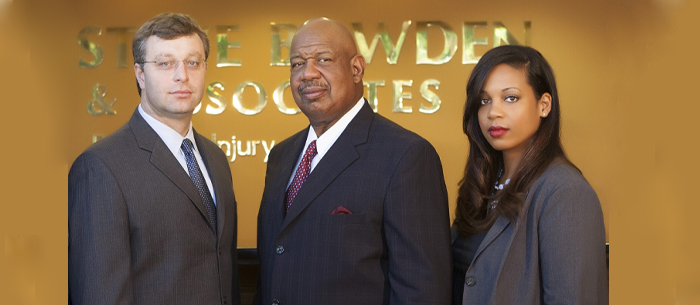A fall in a North Carolina nursing home can have permanently devastating effects on a resident. According to the National Council on Aging, falls cause more injuries and fatalities in people over the age of 65 than any other type of accident.
Despite the seeming inevitability of falls, safety experts believe that nursing home staff can lower the risks significantly through fall prevention programs.
American Nurse Today explains that there are a number of specific fall risk factors that staff members may target through interventions, such as:
- Biological factors: gait and balance disorders, chronic pain, low vitamin D levels, altered sensory perceptions and other health conditions
- Behavioral factors: fear of falling, anxiety, depression, history of falling, lack of exercise, dementia, tremors and impaired cognitive function
- Environmental factors: hazardous surfaces, inappropriate footwear, improper use of mobility devices and poor lighting
Environmental factors should, of course, always be corrected as soon as they are brought to a staff member’s attention. Unguarded slippery floors, burned-out lightbulbs and objects in walkways should never cause a nursing home resident to fall.
When it comes to biological or behavioral factors, a nurse may see that a resident has one primary issue and choose to address that, such as correcting a vitamin D deficiency or recommending a Tai Chi class for balance improvement. Or, a physician may decrease the dose or otherwise change a prescription that is negatively affecting a resident’s equilibrium.
Other interventions may include strength training and flexibility exercises, physical therapy and balance and gait training. Many residents may benefit from a multicomponent approach that identifies several individual fall risks and addresses all of them concurrently.


